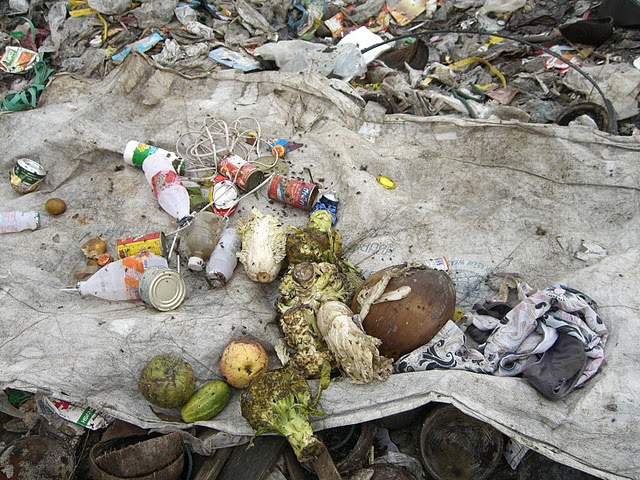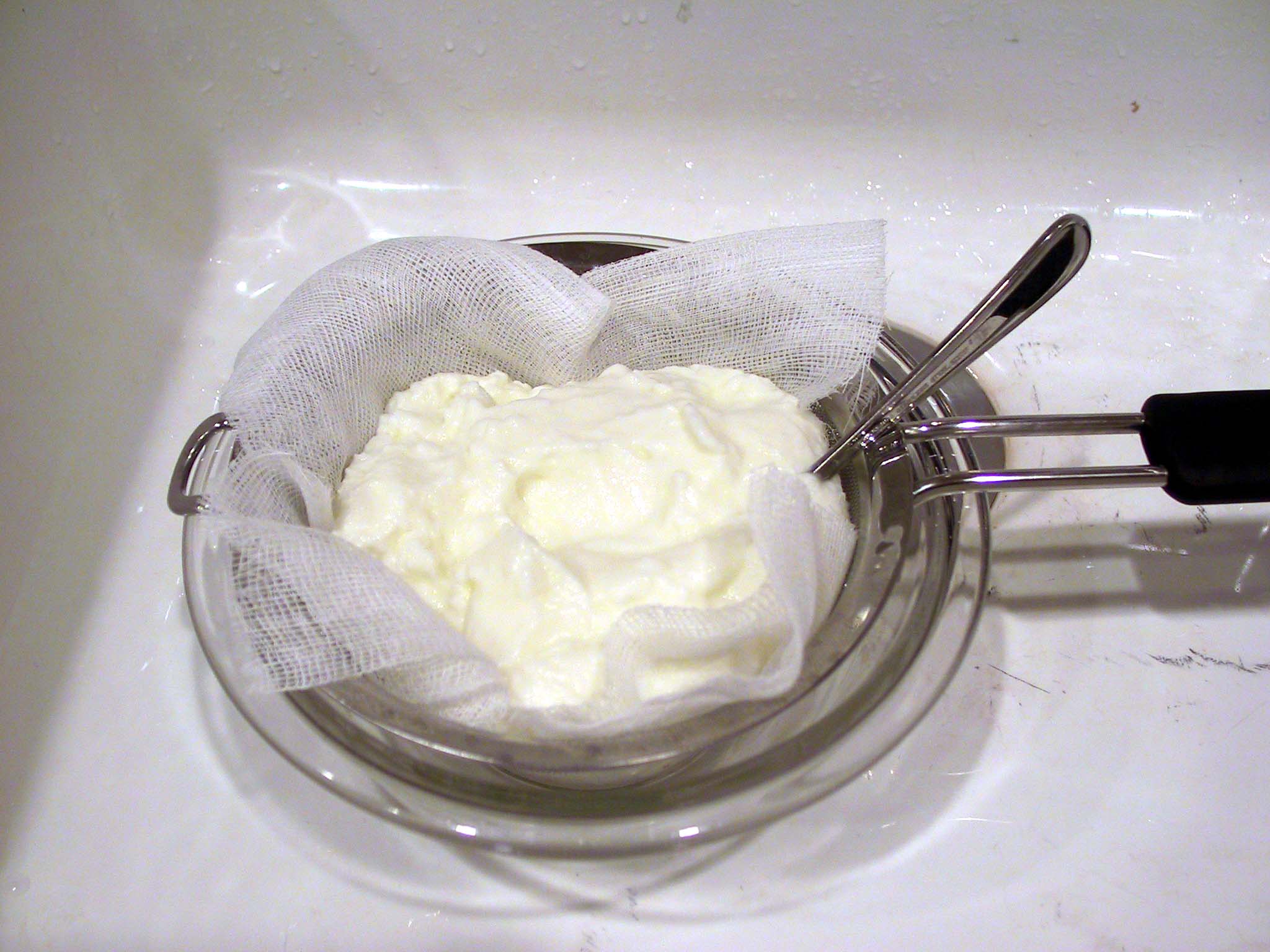Potassium nitrate has a rich history, in mythology and as the primary component of tree stump remover.
Also known as saltpetre, any prisoner in Canada in the early 1980s would swear it was added to food to induce impotence and, according to wiki, is still falsely rumored to be in institutional food (such as military fare) as an anaphrodisiac. But there is no scientific evidence for such claims.
Who needs science, this is control of sex drive.
The Boston Globe reported today that the state Department of Education recently donated thousands  of cases of out-of-date food from the school lunch program to state prisons and a county jail.
of cases of out-of-date food from the school lunch program to state prisons and a county jail.
The food — more than 11,000 cases of cheese, blueberries, frozen chicken, and other goods — was offered free of charge to kitchens that serve inmates, as education officials removed old products from warehouses that serve schools across Massachusetts. The state had been reviewing its inventory after controversy erupted last month when expired food was discovered in Boston school cafeterias.
The donations to prison facilities, shown in documents obtained by the Globe under the state’s public records law, underscore the breadth of the problem with out-of-date food in the federal school lunch program.
Prison officials defended their cafeterias, while an inmate advocate shuddered at the notion that food unfit for children could be served in jail.
For those who want to know, saltpetre, a primary component of fertilizer, has been a common ingredient of salted meat since the Middle Ages, but its use has been mostly discontinued due to  inconsistent results compared to more modern nitrate and nitrite compounds. Even so, saltpetre is still used in some food applications, such as charcuterie and the brine used to make corned beef.
inconsistent results compared to more modern nitrate and nitrite compounds. Even so, saltpetre is still used in some food applications, such as charcuterie and the brine used to make corned beef.
I hate corned beef.

 items to a dump, but offered to let Mgodla have the load in exchange for helping put it on a truck.
items to a dump, but offered to let Mgodla have the load in exchange for helping put it on a truck. So in what seems an excessively harsh penalty, if true,
So in what seems an excessively harsh penalty, if true, 


(1).jpg) This is why people are comfortable buying expired foods at discounted prices from
This is why people are comfortable buying expired foods at discounted prices from 
 Shoppers at the local grocery told me they were never afraid of getting sick. They said some things had less flavor or color, but the savings was always worth the sacrifice.
Shoppers at the local grocery told me they were never afraid of getting sick. They said some things had less flavor or color, but the savings was always worth the sacrifice. 